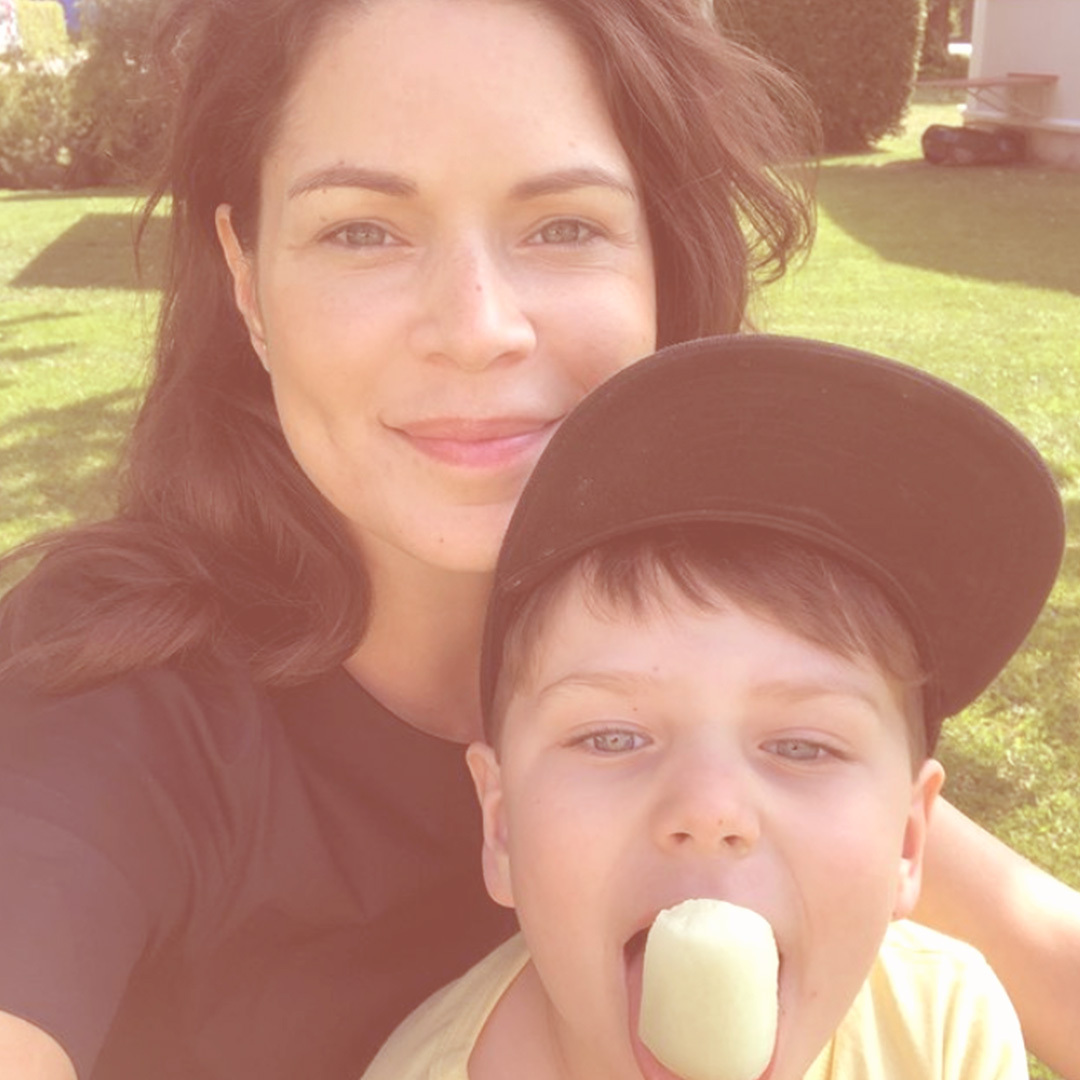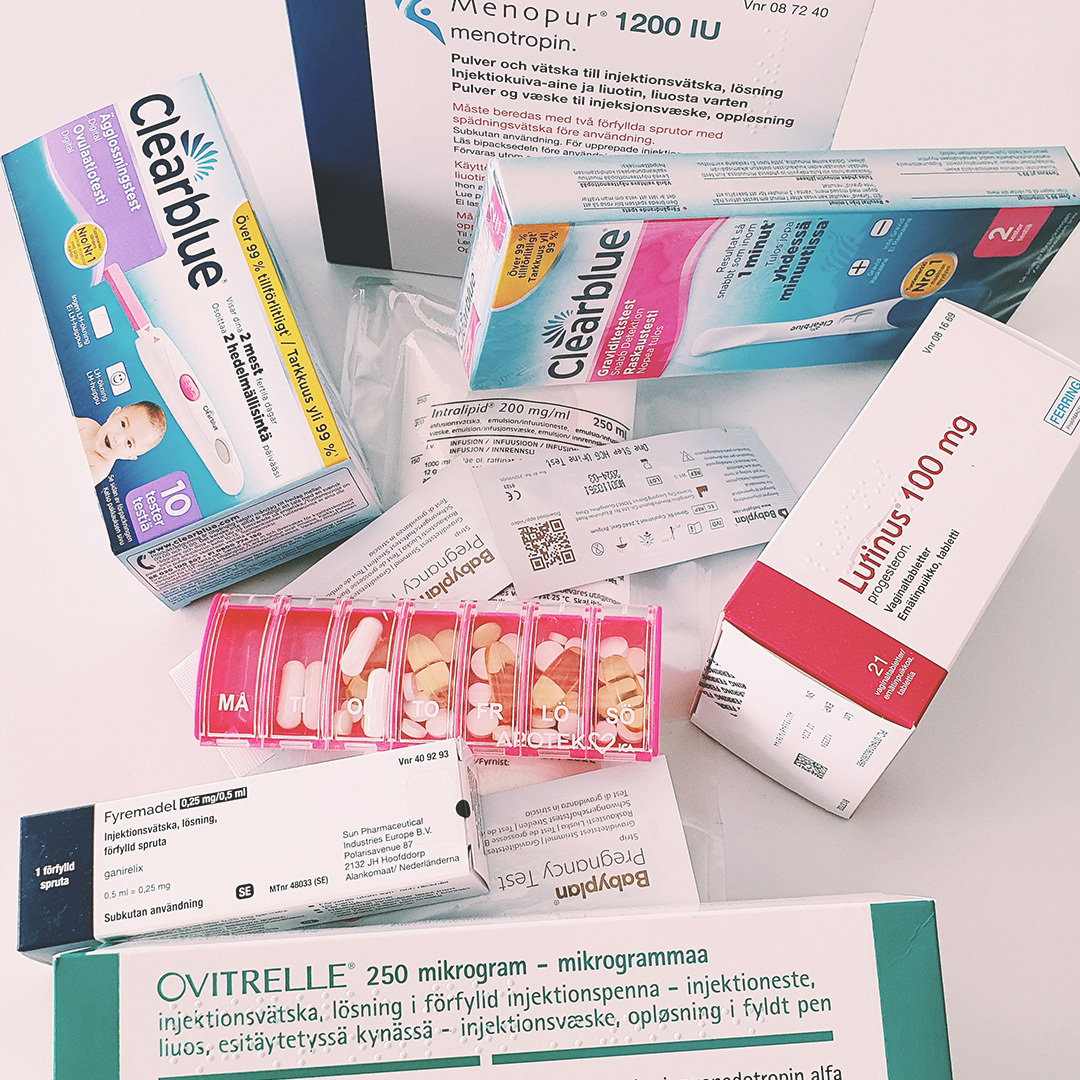Intrauterine Insemination
.jpg?alt=media&token=912e3772-6724-4c20-a29e-201478dda308)
Intrauterine insemination (IUI), also called artificial insemination (AI), is a type of fertility treatment in which the sperm are prepared and concentrated with technical selection of the most motile sperms. The insemination procedure can be performed in a natural cycle, when the recipient patient is expected to have normal ovulation, or in a hormonally-stimulated cycle, where the patient receives ovulation induction with tablets (usually letrozole) or in some cases gonadotropin injections.
Intrauterine insemination can be performed using donor sperm (DI), and it is the first line treatment in case of heterosexual couples where the male partner does not produce sperm and the female has not any apparent infertility causes and she is of young age (under 35 years). Donor insemination is also an appropriate treatment for women in same-sex relationship and for single women applying for donor sperm treatments. The age of the women is considered an important predictive factor for success of fertility treatments in general, thus women of 36 years or older may be recommended to go directly for IVF treatment with donor sperm instead.
Intrauterine insemination is also indicated for treatment of couples with mild male infertility factor or when the male partner has sexual dysfunction or impotence, and also cases with an evident cervical factor, för example women that have undergone surgery of the cervical cancer (trachelectomy), and couples with a diagnosis of unexplained infertility.
The success rate of insemination is higher when ovulation induction is combined with the procedure, and it is also higher in women that are younger. The data from the Swedish Quality Register has shown that whereas women younger than 30 years may achieve live birth using insemination treatment in up to 18% of the cases, the chances decrease with increasing age and the success is about 6% in women 38-39 years of age.

Article by
Kenny Rodriguez-Wallberg
MD, PhD, Professor – Specialist in Reproductive Medicine, Fertility Preservation & Reproductive Oncology
Other Articles

Samantha's Story
I knew from the start that it was hard to conceive a child of our own with my partner. As a child he... Read article

Male factor infertility
The definition of male factor infertility is when the cause of infertility within a couple is becaus... Read article

Endometriosis
The European Society of Human Reproduction and Embryology (ESHRE) has recently released an updated g... Read article

Jessica Olers's Story
Sometimes it doesn't turn out as planned. Ever since I was little, I have dreamed of a big family wi... Read article

Jessica’s Story
I have been pregnant three times. Or actually while writing this story, I am pregnant. But I don't f... Read article

Klara’s Story
Our infertility journey started two years ago. The process has not at all been what we expected and ... Read article
.jpg?alt=media&token=fc32a2e6-a127-4170-b5fb-b9338770ed1a)
The effects of Vitamin D on fertility
Vitamin D is a vitamin synthesized in the skin through sun exposure (UVB radiation). Moreover, vitam... Read article

Veronica’s Story
To make babies. Nowadays that phrase has a completely different meaning.In february 2019 we decided ... Read article

Tova’s Story
This is #mybumpystory - an emotional rollercoaster with repeated miscarriages and hopefully soon a b... Read article